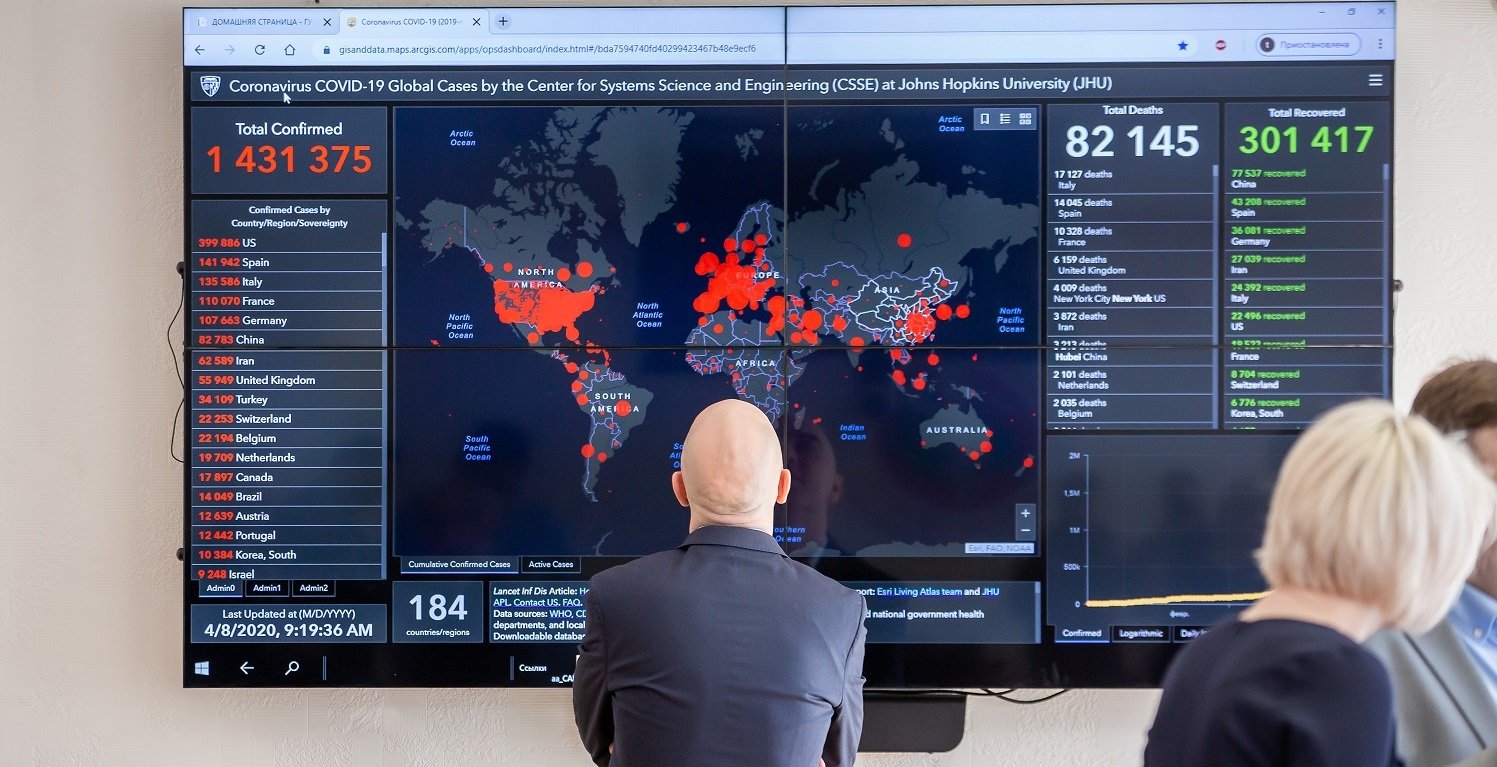Blog
Blog
Simplicity, transparency and trust – essential in health data reporting

A new study by HealthPros (a training network for health-care professionals) and WHO/Europe shows that countries faced challenges in the way COVID-19 information was presented and disseminated. While visual and dynamic displays of key data – COVID-19 dashboards – were swiftly developed in the first months of the pandemic, countries faced issues related to the need for simplicity, the use of open data, transparency and trust.
The new publication notes that COVID-19 dashboards, developed at the start of the pandemic, demonstrated how much can be achieved with limited resources and a high degree of urgency. They also highlighted the importance of tracking the spread of “potentially harmful misinformation”. The publication is based on in-depth interviews with national COVID-19 dashboard teams in the 33 countries surveyed.
Urgency, intense workload, limited human resources, data and privacy constraints, and public scrutiny were all issues faced during the development of dashboards in early 2020. “Initially, national health information systems struggled to provide accurate, timely data for COVID-19 dashboards – a key challenge also reported by other observers,” the study says. As one expert recalls: “We were flying the plane as we were building it”.
COVID-19 experiences show need for smart investments
Dashboards have been used by many jurisdictions to show data such as COVID-19 cases, hospitalizations, deaths and geographic locations in an automatically updated format.
“What we saw during the first stages of the pandemic was a high level of political commitment, coupled with professionalism and the support from the private sector to find ways to understand and keep track of this new disease,” explained Dr David Novillo-Ortiz, Regional Adviser for Data and Digital Health at WHO/Europe.
Addressing existing gaps
Although the COVID-19 experience has highlighted successful collaboration at the international level – such as that between WHO, the European Centre for Disease Prevention and Control (ECDC) and Eurostat – the study points to a gap in cross-country collaboration on dashboards and limited cross-country data exchanges.
The study team, based at the Amsterdam University Medical Centres, included researchers from HealthPros and experts on health data from WHO/Europe. It conducted interviews with members of dashboard teams in 11 languages, covering 31 of the 53 Member States of the WHO European Region and several other countries. It used elaborative encoding and thematic analysis, as well as a validation workshop, to reach its conclusions.
Πηγή: who.int





